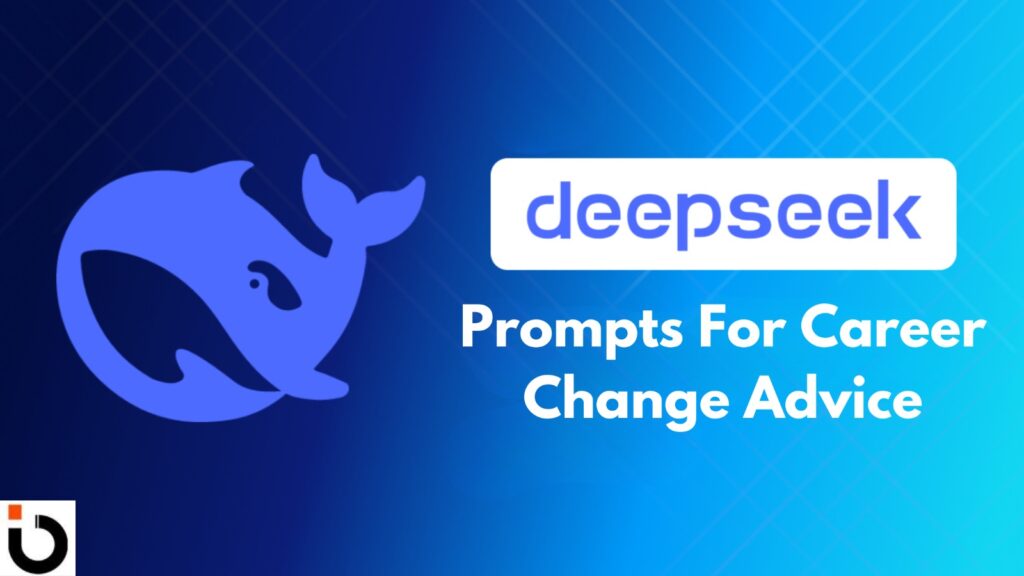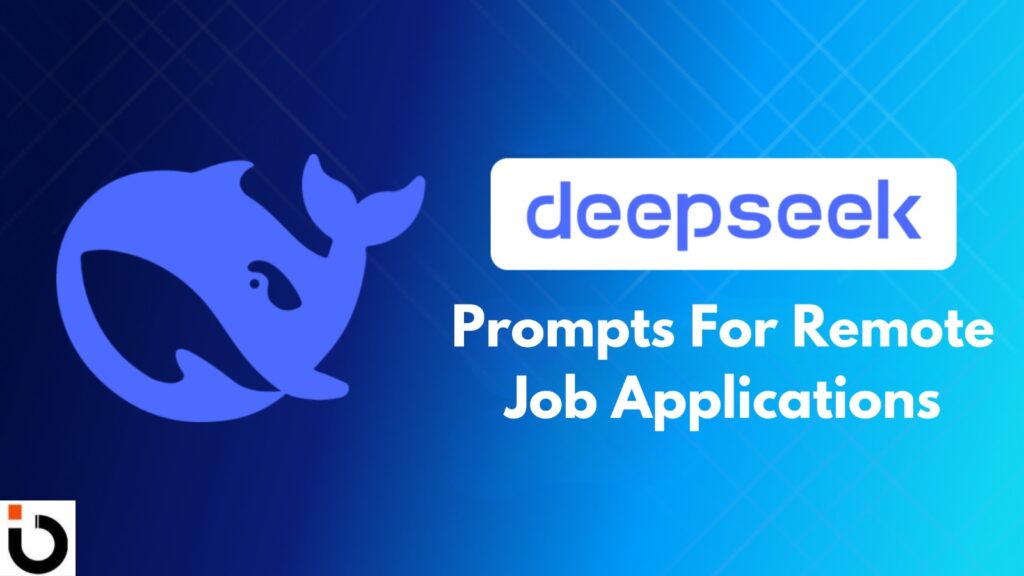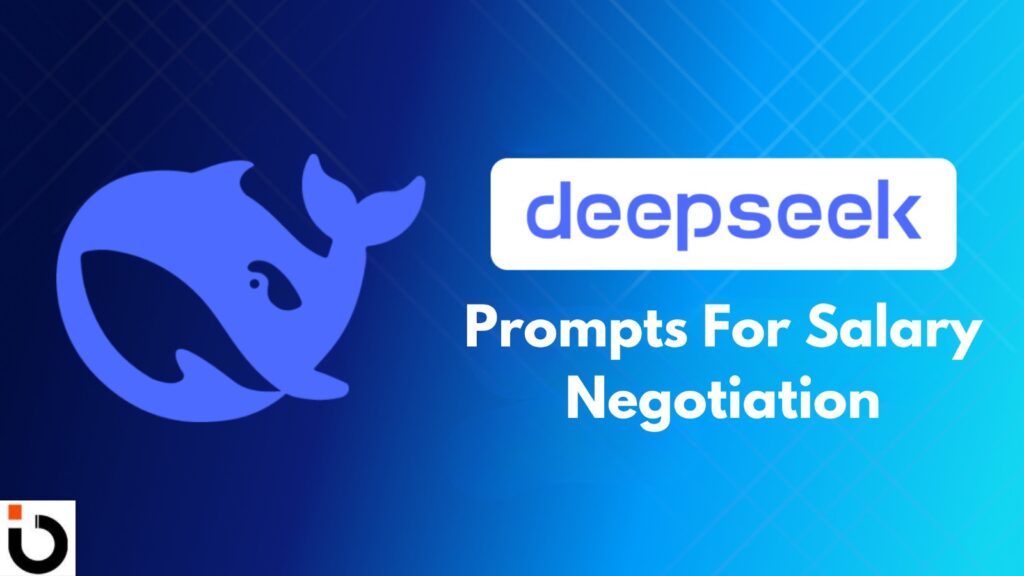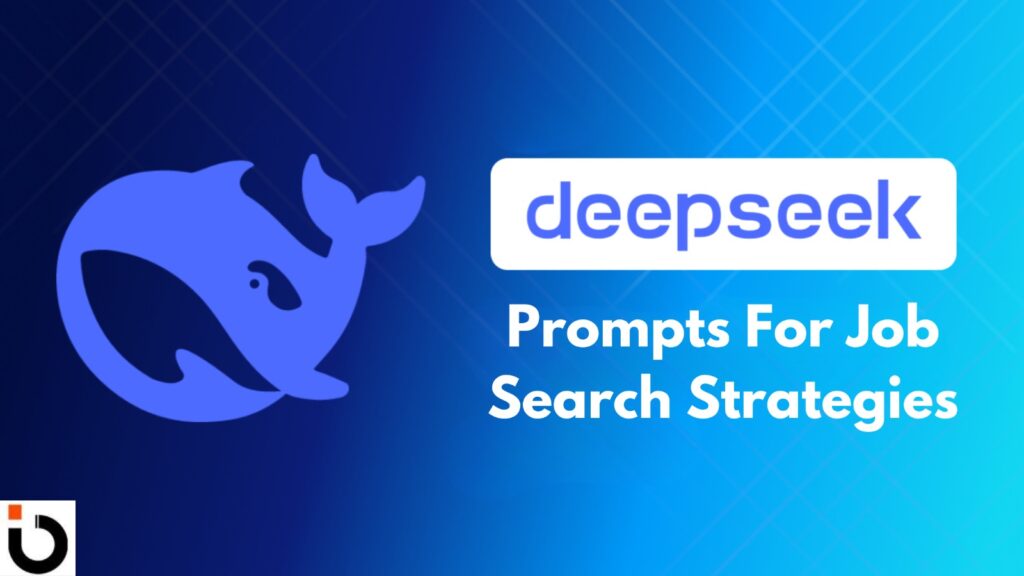The modern job market is evolving at lightning speed, driven by artificial intelligence (AI), automation, and global digital transformation. For professionals considering a career shift—whether due to industry disruption, burnout, or curiosity—AI isn’t just reshaping industries; it’s also a powerful tool to help you reinvent your career. In this guide, we’ll explore how AI-driven prompts, tools, and strategies can help you identify new opportunities, bridge skill gaps, and transition smoothly into a fulfilling role.
Table of Contents
ToggleWhy AI is Your Secret Weapon for Career Transition
Career changes are daunting. According to a 2023 LinkedIn report, 65% of professionals contemplate switching fields but feel overwhelmed by uncertainty. Where do you start? How do you match your experience to new roles? Enter AI: a game-changer for decoding job trends, personalizing skill development, and even simulating career paths.
AI career assessment tools analyze millions of data points—from emerging job markets to transferable skills—to offer actionable insights tailored to your goals. Whether you’re a marketer eyeing data science or a teacher pivoting to edtech, AI can demystify the process.
Step 1: Use AI Prompts to Uncover Hidden Career Opportunities
Keyword Prompt Example:
“Analyze my current skills in [your field] and suggest high-growth AI-related roles that match my experience.”
Platforms like ChatGPT, Claude, or specialized tools like Deepseek can generate personalized career ideas. For instance, a project manager might discover opportunities in AI product management or operations automation.
Pro Tip: Refine prompts with specifics:
“Identify remote AI jobs in healthcare for someone with 5 years of nursing experience.”
“List tech roles in sustainability for a mechanical engineer based in Canada.”
These prompts help AI tools cross-reference your background with global job trends, including niches like AI ethics, robotics, or generative design.
Step 2: Audit Your Skills - and Let AI Fill the Gaps
Once you’ve identified target roles, AI can map your existing skills to job requirements. Tools like Skillsoft’s AI mentor or LinkedIn Learning’s skill assessments evaluate your competencies and recommend courses, certifications, or micro-credentials.
Example:
A graphic designer transitioning to UX/UI might lack coding knowledge. AI platforms like Coursera or Udacity can curate learning paths in HTML/CSS, Figma, or AI-driven design tools like Adobe Sensei.
Long-Tail Keyword Integration:
“AI-powered upskilling for career changers”
“Best online certifications for AI careers in 2024”
Step 3: Optimize Your Resume and Network with AI
AI Resume Builders: Tools like Rezi or Teal use machine learning to tailor your resume to job descriptions, highlighting relevant keywords (e.g., “machine learning,” “predictive analytics”). They even predict applicant tracking system (ATS) compatibility.
LinkedIn Optimization: AI tools like Taplio analyze profiles of successful professionals in your target field and suggest improvements, from headline tweaks to content strategies.
Networking: Platforms like Lunchclub or Polywork use AI to connect you with mentors, hiring managers, or peers in your desired industry. For example, a finance professional in Australia exploring fintech could be matched with Sydney-based AI startup founders.
Step 4: Simulate Career Paths and Salary Expectations
Worried about salary cuts or role feasibility? AI salary calculators (e.g., Payscale, Glassdoor) provide localized data for your target role. Meanwhile, tools like CareerFitter simulate day-to-day tasks in fields like AI engineering or data analysis, helping you “test-drive” careers.
Case Study: A UK-based HR manager used ChatGPT to compare salaries for AI talent acquisition roles in London vs. Manchester, then enrolled in an AI recruitment certification to stay competitive.
Step 5: Leverage AI for Interviews and Negotiations
Prepping for interviews? Tools like InterviewPrep AI generate practice questions based on real job postings. For instance, practicing prompts like “How would you explain neural networks to a non-technical team?” builds confidence for tech interviews.
Post-offer, platforms like Salary.com’s AI negotiator provide real-time advice on benefits, equity, and remote work policies—critical for roles in competitive markets like the USA or India.
Ethical Considerations and Avoiding Pitfalls
While AI simplifies career transitions, be mindful of:
Bias: Some tools may favor trends over individual passion. Cross-check AI suggestions with human mentors.
Over-Reliance: AI is a guide, not a decision-maker. Use it to inform—not replace—your intuition.
Final Checklist for Your AI-Powered Career Switch
Use AI prompts to brainstorm roles aligned with your values.
Audit skills with AI assessments and close gaps via micro-courses.
Optimize job search materials using ATS-friendly tools.
Simulate roles and salaries to set realistic expectations.
Network strategically with AI-matched mentors.
Embrace the Future- Your New Career Awaits
The intersection of AI and career development is a goldmine for proactive professionals. By harnessing AI prompts, tools, and data-driven insights, you’re not just keeping pace with change—you’re leading it. Whether you’re in Toronto, Mumbai, or Melbourne, the blueprint for your career reinvention is here. Start today, and let AI turn uncertainty into opportunity.
FAQs on DeepSeek AI Prompts for Career Change Advice
What is Deepseek AI, and how can it help with a career change?
Deepseek AI uses advanced prompts to analyze your skills, interests, and market trends to provide personalized career change advice.
Are Deepseek AI prompts personalized for different industries?
Yes, Deepseek AI generates industry-specific prompts to help you transition smoothly into a new field.
Can AI really provide accurate career advice?
AI can analyze trends, skills, and job requirements, but human judgment is still essential for final decisions.
How do I use Deepseek AI prompts to explore new job opportunities?
Simply input your skills, interests, and career goals, and Deepseek AI will generate tailored job search prompts.
What are some examples of AI-generated prompts for career transitions?
AI prompts can include resume suggestions, interview questions, skill development tips, and job search strategies.
Is Deepseek AI free to use for career guidance?
Some features may be free, but premium services might require a subscription.
How does AI compare to human career coaches?
AI provides data-driven insights quickly, but human career coaches offer personalized mentorship and emotional support.
Can Deepseek AI help me rewrite my resume for a career shift?
Yes, AI can suggest optimized resume formats, highlight transferable skills, and tailor your CV to new industries.
Does AI career advice work for mid-career professionals?
Absolutely! AI can help mid-career professionals identify growth opportunities, skills gaps, and potential career pivots.
How can Deepseek AI assist in preparing for job interviews in a new industry?
AI can generate industry-specific interview questions, provide mock interview scenarios, and suggest strong responses.
What are the limitations of AI in career change decisions?
AI lacks emotional intelligence and personal insights, so it should be used alongside human judgment.
Can Deepseek AI suggest remote job opportunities for a career switch?
Yes, AI can analyze job listings and recommend remote opportunities that match your skills and preferences.
How do I improve my LinkedIn profile using Deepseek AI prompts?
AI can suggest optimized headlines, summaries, and keyword-rich descriptions to attract recruiters.
Will AI prompts help me identify the best skills for my new career path?
Yes, AI analyzes job trends to highlight the most in-demand skills for your desired career change.
Can AI predict future job trends for career changers?
AI can analyze market data and industry shifts to predict emerging job trends and career opportunities.




